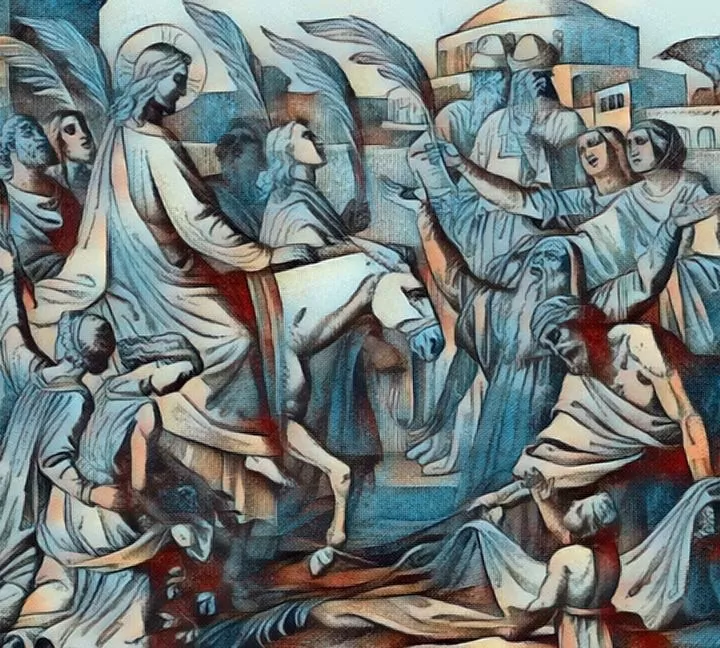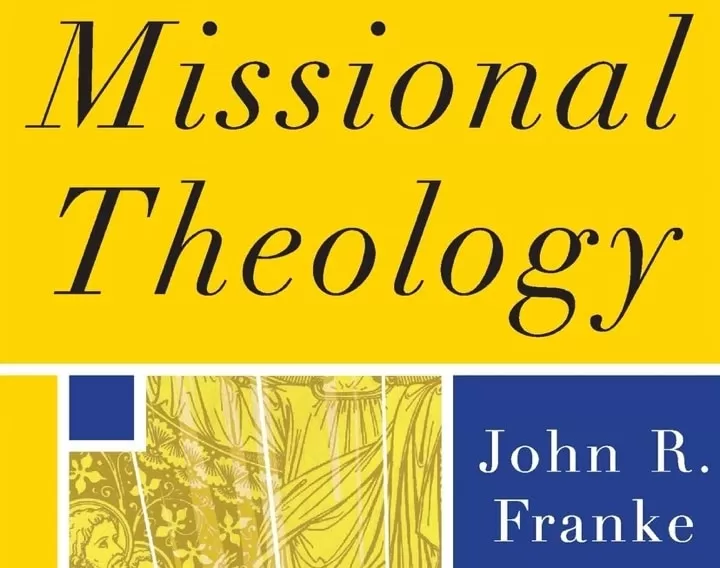Why should I re-convert?
This is a story of our times, surely: a person I know slightly, trapped a while back in an evangelical Reformed seminary, drawn to the narrative-historical argument but not sure what to do with it, has now abandoned his faith, identifying as someone who is at best sympathetic to the metaphorical force of the Christian story.





Recent discussion